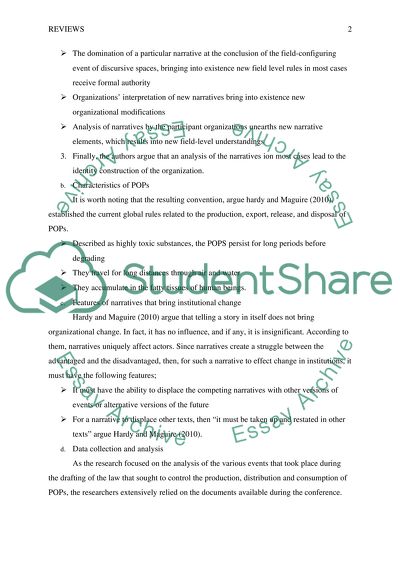Cite this document
(Discourse, Field-Configuring Events, and Change in Organizations and I Article, n.d.)
Discourse, Field-Configuring Events, and Change in Organizations and I Article. Retrieved from https://studentshare.org/social-science/1628967-discourse-field-configuring-events-and-change-in-organizations
Discourse, Field-Configuring Events, and Change in Organizations and I Article. Retrieved from https://studentshare.org/social-science/1628967-discourse-field-configuring-events-and-change-in-organizations
(Discourse, Field-Configuring Events, and Change in Organizations and I Article)
Discourse, Field-Configuring Events, and Change in Organizations and I Article. https://studentshare.org/social-science/1628967-discourse-field-configuring-events-and-change-in-organizations.
Discourse, Field-Configuring Events, and Change in Organizations and I Article. https://studentshare.org/social-science/1628967-discourse-field-configuring-events-and-change-in-organizations.
“Discourse, Field-Configuring Events, and Change in Organizations and I Article”, n.d. https://studentshare.org/social-science/1628967-discourse-field-configuring-events-and-change-in-organizations.


